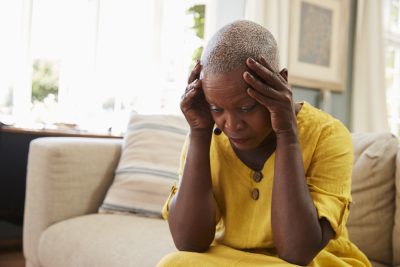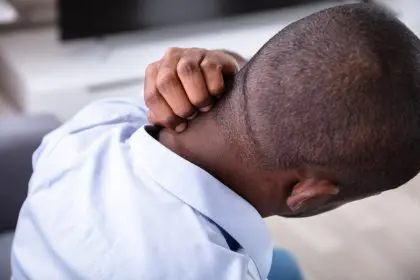When people think about Alzheimer‘s disease, they usually picture someone in their golden years, but the reality hits differently for people like Jonel, a 57-year-old doctor who received a diagnosis that changed everything. Working 80-hour weeks as an ObGyn while recovering from cancer treatments, she never imagined memory loss would become part of her story.
What nobody tells you about early warning signs
Memory lapses aren’t the only red flags to watch for in early-onset Alzheimer’s. Jonel first noticed trouble with hand movements and focusing at work, symptoms many would brush off as stress or fatigue. These subtle changes can actually be the first whispers of something more serious.
The path to diagnosis often takes unexpected turns. After dealing with cancer treatments and early menopause, Jonel initially thought her symptoms were just side effects. It wasn’t until things got worse that she sought help, leading to her diagnosis between December 2022 and March 2023.
The science behind younger minds affected by Alzheimer’s
Your brain starts changing before you notice any symptoms. Tiny proteins called amyloids build up silently, forming plaques that mess with how brain cells talk to each other. Think of it like static slowly creeping into a clear phone call until the connection gets fuzzy.
Early diagnosis can be a game-changer. Modern testing can spot these changes even before major memory problems kick in, giving patients like Jonel a fighting chance to start treatment when it matters most.
Breaking news in treatment options
Science is finally catching up with hope. In summer 2023, LEQEMBI entered the scene as a groundbreaking treatment specifically designed for early Alzheimer’s. This isn’t just another medication, it’s the first that actually targets those pesky amyloid plaques.
Real talk from those who’ve been there
Support squads make all the difference. Meet Missie, another warrior in this fight who discovered something was wrong when her students started noticing changes in her behavior. Both she and Jonel stress how crucial it is to have people in your corner.
Living your best life is still possible. Despite the diagnosis, Jonel hasn’t stopped living. She’s found new ways to enjoy life and stay connected with family, proving that an early Alzheimer’s diagnosis doesn’t mean giving up on joy.
The revolution in treatment approaches
Medical science is stepping up its game with treatments like LEQEMBI, administered through infusions that work to slow down cognitive decline. While it’s not a cure, patients report improvements that matter in their daily lives, from better memory to more independence.
When time matters most
Getting diagnosed early isn’t just about starting treatment sooner. It’s about having time to plan, adapt, and make choices that matter. Doctors now have better tools to spot Alzheimer’s before it severely impacts daily life, opening doors to more effective interventions.
The emotional journey nobody prepares you for
Receiving an early-onset Alzheimer’s diagnosis feels like being handed a map to an unknown territory. But here’s the thing, you’re not walking this path alone. Support groups, medical professionals, and treatment options create a network of hope and help.
Tomorrow looks different than yesterday
Research continues to evolve, bringing new understanding and treatments. Each discovery adds another piece to the puzzle, offering hope to those diagnosed young. The landscape of early-onset Alzheimer’s treatment is changing rapidly, with more options becoming available.
Finding strength in community
Both Jonel and Missie discovered that sharing their stories helped others while strengthening their own resolve. Their experiences show that while early-onset Alzheimer’s changes life’s trajectory, it doesn’t define the journey ahead.
The power of knowledge and early action
Understanding the signs and seeking help promptly can dramatically impact the course of early-onset Alzheimer’s. Modern medicine offers more options than ever before, especially when caught early. As Jonel reminds us, “This journey is scary, but it doesn’t have to be the end of the world.”












